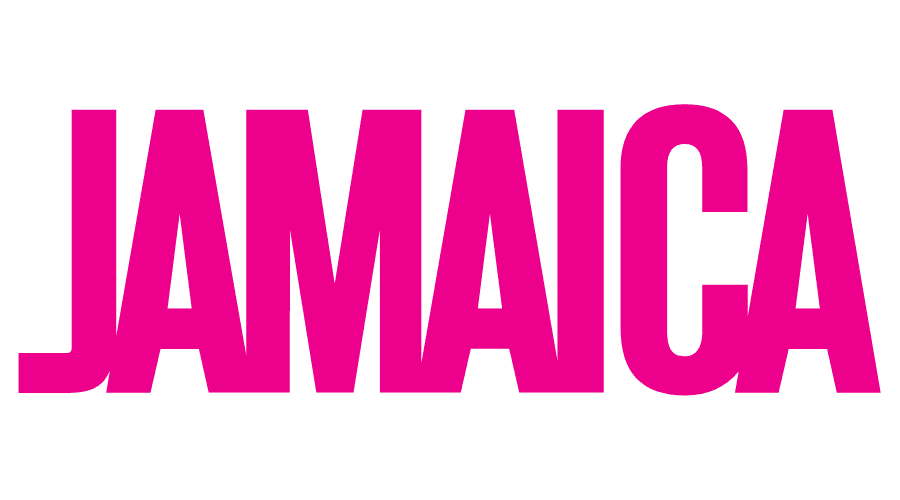TTD: TravelMole Q&A with David Roche, hotels.com
David Roche, vice president and managing director, hotels.com and Expedia Private Label, Europe, Middle East and Africa, answers questions posed by Linda Fox in the latest in TravelMole’s regular Q&A series.
Q: Hitwise figures show traditional travel players fighting back against new entrants – can the same be said for hotel companies?
A: Yes a bit. Some of the hotel companies, particularly the budget chains, show up quite a lot on Hitwise but there is no correlation between traffic to their sites and sales. On our site conversion improves because if a particular brand does not fulfil your booking something else will. Hotel companies have a structural problem in that they have too few properties to justify the level of investment in the technology. If they could scale up or consolidate they could generate the traffic. They are going to do better and they are also going to see fast growth but only because of the position they are coming from.
Q: Do you think hotels are going to go the same way as airlines in reducing commission and trying to squeeze out intermediaries?
A: It is sensitive to how well hotels are doing by themselves. If they are fuller there is less need to rely on distributors. We accept that those are the rules of the game. We’re not experiencing commission pressure to any great degree because of how the hotel market is structured in Europe. It is largely independent hotels and if two distributors want a commission the hotel will give it to the one that provides more value. Hotels.com provides global exposure and that is always increasing so that is a fairly convincing argument.
Q: What is your view on price-comparison/shopping sites?
A: We don’t see ourselves as participating in it in anything but a temporary tactical way – either extremely little or not at all. They don’t provide any value. They commodotise the business and downgrade the service to consumers. We’re building a new technology platform and that is 180 degrees counter to the commodotisation of the market because we’re trying to add as much help and value to the consumer. We aggregate content that we have written. With an aggregator you get the last-minute stuff and the amount of data and the format varies enormously so it is difficult to work as a true comparator. In two years time we might have 20,000 hotels in Europe and when you get to that every hotel you add brings nothing to the consumer. You have provided as much choice as the consumer wants to deal with so I don’t see the economic benefit or the consumer benefit.
Q: Is hotels.com experiencing any particular trends at the moment?
A: Booking windows have extended slightly. Every year it changes in some direction we don’t expect but it doesn’t seem likely that everybody decided to book early this year. After e-mail, researching travel is the thing people do most on the internet and more and more people are doing it every year. It is dawning on them that you get better pricing by booking ahead. The ultimate goal is that the internet will deliver consumers better value. You won’t survive on the internet with bad prices so all these movements are in the consumer’s interest.
Q: As traditional players fight back do you believe intermediaries will have to specialise to survive?
A: I can’t see us specialising in the general sense but there are many kinds of specialisation. We will look into our database of customers and segment it more carefully – luxury, extreme etc – and start to consider their needs separately so they will start to see the site change around their needs. It is very difficult to make sweeping assumptions about people and if you over-simplify you fall into that trap. We’re not going to veer towards cheap or luxury but I would not rule out a ‘Platinum collection’ in the future.
 United Kingdom
United Kingdom United States
United States Asia Pacific
Asia Pacific












































Qatar Airways adding Manchester flights
EU entry-exit system delayed again
ATC strike in Greece could disrupt flights this week
Jet2 unveils Samos as new Greek destination for summer 2026
Icelandair launches inaugural flight to Nashville